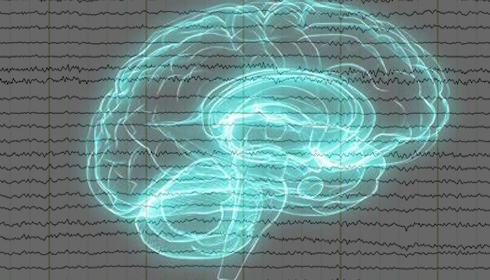
Glucose Control in Brain Cells Could Pave the Way for New Treatments of Neurodegenerative Diseases
A recent breakthrough in understanding the ageing brain has opened up promising avenues for treating neurodegenerative diseases. Researchers have discovered that the decline in neural stem cell activity—a key factor in neurone production—may be due to elevated glucose levels in the brain. By genetically modifying older mice to knock out the glucose transporter gene GLUT4, scientists were able to significantly increase neurone production. This finding not only deepens our understanding of how brain cells age but also suggests potential interventions for brain repair and neurodegenerative disease treatment.
Neural stem cells, responsible for creating new neurones, lose their vitality as people age. The study identified glucose buildup in the brain as the primary cause, which hampers these cells' activity. Knocking out the GLUT4 gene, which regulates glucose transport, can lead to an increase in neurone production in aged mice. This breakthrough suggests that controlling glucose metabolism could be central to maintaining brain health and promoting repair, especially as we age.
By pinpointing glucose metabolism as a contributing factor in brain ageing, researchers suggest that therapies targeting this pathway could slow or even reverse the decline in neurone production. Importantly, this discovery offers both genetic and behavioural pathways to address the issue, including the possibility of dietary interventions.
The implications for neurodegenerative diseases such as Alzheimer’s and Parkinson’s are far-reaching. These diseases are characterised by a gradual decline in neurone function and brain repair. The potential to restore or stimulate neurone production through glucose control presents an exciting new frontier in medical research.
One promising avenue could be the adoption of glucose-restricted diets, such as low-carbohydrate or ketogenic regimens, which may mimic the effect of knocking out the GLUT4 gene. “The next step is to look more closely at what glucose restriction, as opposed to knocking out genes for glucose transport, does in living animals,” explained lead researcher Brunet. These findings suggest that lifestyle changes could have a profound impact on brain health and possibly provide a non-invasive treatment option for neurodegenerative conditions.
Brunet also hinted at a deeper connection between glucose metabolism and other cellular mechanisms. She noted the possibility of "crosstalk between the primary cilia"—the tiny cellular structures involved in regulating stem cell activity—and glucose metabolism. This interplay could be key to understanding how glucose impacts brain ageing and may reveal new targets for intervention. Engaging both pathways—genetic manipulation and metabolic regulation—could enhance treatments for brain injuries and diseases that impair cognitive function.
While this discovery is still in the animal testing phase, the results are promising for future human applications. Researchers aim to explore both genetic interventions (such as manipulating glucose transport genes) and behavioral interventions (such as glucose restriction through diet). Scientists hope to develop both preventative and therapeutic strategies to combat neurodegenerative diseases by addressing the metabolic component of brain ageing.
Dietary control over glucose, in particular, could offer a more accessible and non-invasive way to promote brain health. This approach would not only aid in the treatment of neurodegenerative diseases, but it could also be beneficial for brain recovery after injuries, such as traumatic brain injuries or strokes, where neuron loss is a critical concern.
This groundbreaking research underscores the importance of glucose regulation in maintaining brain cell activity and presents new possibilities for combating neurodegenerative diseases. As the understanding of glucose’s role in brain ageing deepens, so does the potential for developing both genetic and behavioural interventions. The dual pathway of targeting glucose metabolism and manipulating stem cell function could revolutionise treatments for age-related brain conditions.
The implications of these findings are broad, potentially reshaping how we approach brain health in ageing populations. As Brunet put it, "The next step is to examine how dietary glucose restriction could replicate or complement genetic interventions in promoting brain repair." The future of treating neurodegenerative diseases may well lie in how we control the sugar in our brain.